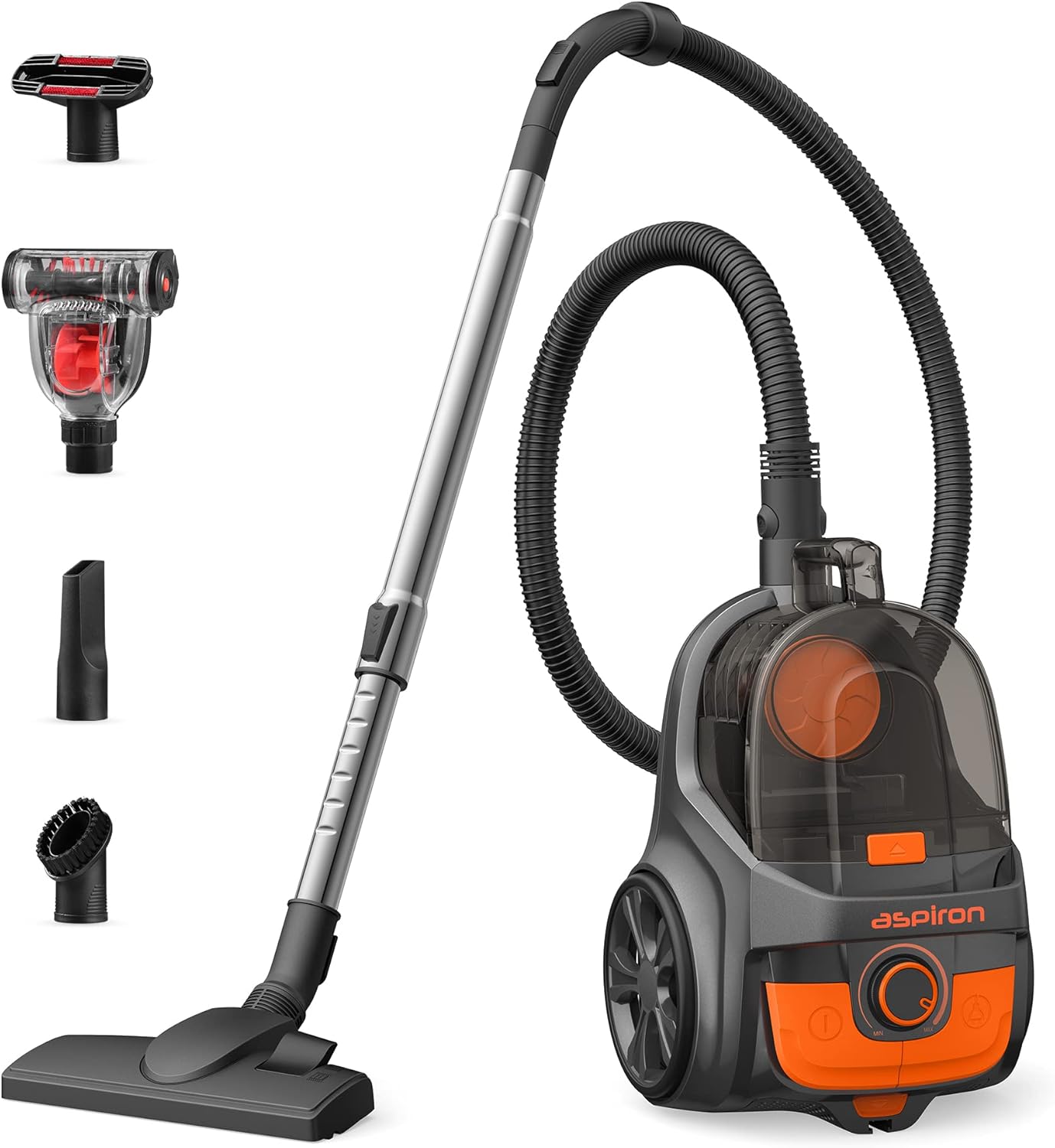Galagos as Pets: What You Need to Know Before Adoption
Garages as pets: understand these exotic primates
Garages, unremarkably know as bush babies, are small, nocturnal primates native to Africa that have capture the attention of exotic pet enthusiasts with their large eyes, distinctive calls, and agile movements. Their cute appearance oftentimes lead people to wonder if these unique animals might make good household pets. Nonetheless, the reality of keep garages as companions involve numerous complex considerations that potential owners must understand.
What are garages?
Garages belong to the family Galatia and are prosimian primates find throughout sub saSaharanfAfricaThese small mammals typically weigh between 2 and 10 ounces, depend on the species, with bodies measure 5 to 8 inches long, plus a tail that can be twice the length of their body. Their near distinctive features include:
- Inordinately large eyes adapt for night vision
- Powerful hind legs that allow them to jump over 6 feet vertically
- Specialized groom claws on their feet
- Distinctive vocalizations that sound like a human infant crying (thence the name ” ush baby “”
- Lifespan of 10 15 years in captivity
In their natural habitat, garages live in trees, feed principally on insects, tree gums, fruits, and occasionally small vertebrates. They’re extremely social animals that maintain complex relationships within family groups and communicate through various vocalizations and scent marking.
Legal considerations for gal ago ownership
Before consider a gal ago as a pet, understand the legal framework is essential. The legality of own these primates vary dramatically depend on location:
Federal regulations
In the United States, there be no federal laws specifically prohibit private ownership of garages. Notwithstanding, import them require permits under the convention on international trade in endangered species (cites ) as all gagal agopecies are list on appendix ii, mean they may become threaten if trade isn’t control.
State and local laws
State and local regulations regard exotic pet ownership vary importantly:
- States like Nevada, Alabama, and Ohio have comparatively permissive exotic pet laws
- Many states, include California, New York, and Massachusetts, prohibit private ownership of primates exclusively
- Other states require special permits, oftentimes difficult for average citizens to obtain
- Local ordinances may impose additional restrictions yet in states where ownership is technically legal
Yet in locations where gal ago ownership is legal, acquire proper permits much require proof of specialized knowledge, appropriate facilities, and sometimes professional experience with primates.
Housing and environmental requirements
Garages have specialized housing needs that are challenge to meet in a typical home environment:
Enclosure size and design
These active primates require spacious enclosures that accommodate their natural behaviors:
- Minimum recommend enclosure size is 8′ x 8′ x 8′, though larger is preferable
- The habitat must include numerous climbing structures, branches, ropes, and platforms
- Multiple hiding spots and nest boxes are essential for security
- The enclosure need to be escape proof however advantageously ventilate
Temperature and lighting
Maintain appropriate environmental conditions is crucial:
- Consistent temperatures between 75 85 ° f during the day
- Night temperature no lower than 70 ° f
- Humidity levels between 40 60 %
- Specialized lighting that simulate natural day / night cycles
- Red lights for night observation that won’t will disturb their nocturnal nature
Enrichment requirements
Garages are intelligent animals that need substantial environmental enrichment:
- Regularly rotate toys and climbing apparatus
- Forage opportunities that mimic natural behaviors
- Interactive puzzles and problem solve activities
- Safe materials to manipulate and explore
Create and maintain this specialized environment require significant space, expertise, and financial investment beyond what most pet owners can provide.
Dietary requirements and feeding
Garages have complex nutritional needs that differ considerably from common pets:
Natural diet
In the wild, garages consume:
- Insects (principally crickets, mealworms, and various beetles )
- Tree gums and saps
- Fruits and berries
- Occasional small vertebrates like lizards or birds
- Plant materials include flowers and leaves
Captive diet
Replicate this diet in captivity require:
- Commercial primate biscuits as a nutritional base
- Live insects (gut load with nutrients )
- Fresh fruits and vegetables in appropriate proportions
- Gum Arabic or specialized tree gum substitutes
- Vitamin and mineral supplements specifically formulate for prosimian primates
Proper nutrition require access to specialized foods, consistent feeding schedules, and knowledge of appropriate dietary proportions. Nutritional imbalances can lead to serious health issues include metabolic bone disease, obesity, and malnutrition.
Behavioral challenges with gal ago ownership
The natural behaviors of garages present significant challenges in a home environment:
Nocturnal activity
Garages are purely nocturnal animals:
- They sleep during daylight hours and become active at dusk
- Their peak activity occur when most households are sleep
- Attempt to alter their natural schedule cause stress and health problems
- Owners must adapt their schedules to interact with the animal during appropriate hours
Vocalizations
Garages are known for their distinctive, loud calls:
- Their primary vocalization resembles a human baby cry
- They may emit calls throughout the night as part of territorial behavior
- Volume levels can be disruptive to households and neighbors
- These vocalizations can not be trained off as they’re instinctual behaviors
Scent marking
Garages communicate and establish territory through scent:
- They urinate on their hands and feet to mark paths as they move
- Males perform specialized urine washing behaviors for territory mark
- These behaviors can not be eliminated through training
- The result odor is strong and permeate household materials
Social needs
As social primates, garages have complex interaction requirements:
- They course live in family groups or small communities
- Solitary garages oftentimes develop behavioral problems and depression
- They require species specific socialization that humans can not amply provide
- Introduce multiple garages create additional care challenges
Health concerns and veterinary care
Proper healthcare for garages present significant challenges:
Veterinary expertise
Find appropriate medical care is difficult:
- Few veterinarians have experience with prosimian primates
- Specialized exotic animal veterinarians are rare outside major metropolitan areas
- Emergency care options are exceedingly limited
- Treatment costs are considerably higher than for common pets
Common health issues
Garages are susceptible to various health problems in captivity:
- Metabolic bone disease from dietary deficiencies
- Stress relate immunosuppression
- Dental issues require specialized care
- Parasitic infections
- Self mutilation behaviors when improperly house
Zoonotic disease risk
As primates, garages can transmit diseases to humans:
- Herpes b virus (rare but potentially fatal to humans )
- Various bacterial infections
- Parasitic diseases
- Tuberculosis
These health risks pose concerns not solely for the animal’s welfare but besides for public health.
Ethical considerations
Beyond practical challenges, ethical questions surround gal ago ownership:

Source: critterculture.com
Wild population impact
Though most pet garages are prisoner breed, the exotic pet trade impact wild populations:

Source: hominoid1101.com
- Continue demand drive some illegal capture and smuggle
- Wild catch animals face high mortality during capture and transport
- Some gal ago species face population pressures from habitat loss
Animal welfare
The fundamental question is whether captivity serves the animal’s needs:
- Yet the best home environments can not full replicate natural habitats
- Behavioral restrictions in captivity can cause psychological distress
- Garages’ specialized needs oftentimes go unmet when the novelty of ownership wear off
- Many exotic pets are finally surrender or abandon
Alternatives to gal ago ownership
For those fascinate by these animals, several alternatives exist:
Support conservation
- Donate to organizations work to protect gal ago habitats
- Sponsor garages at sanctuaries or conservation centers
- Support research programs study these primates
Visit ethical facilities
- Accredited zoos with prosimian exhibits
- Primate sanctuaries that offer educational programs
- African wildlife preserve that protect gal ago habitats
More suitable pets
For those seek unusual pets that are more appropriate for home care:
- Sugar gliders (though motionless require specialized care )
- Certain species of exotic rodents
- Reptiles or amphibians with manageable care requirements
Conclusion: are garages good pets?
Base on the comprehensive examination of their needs, the answer for most potential owners is no, garages do not make good pets. Their specialized requirements for housing, diet, socialization, and healthcare make them unsuitable for the average household. Additionally, the legal restrictions, ethical concerns, and behavioral challenges create significant barriers to responsible ownership.
Garages are fascinating primates that deserve respect as wild animals with complex needs. For the vast majority of animal lovers, appreciate these remarkable creatures through ethical observation, conservation support, and education represent the about responsible approach. The specialized knowledge, facilities, and resources require for their proper care are beyond what virtually private individuals can provide, make them inappropriate choices as companion animals despite their undeniable appeal.
Those authentically interested in exotic animal care might consider volunteer with wildlife rehabilitation centers or pursue education in zoology, where they can channel their passion into conservation instead than pet ownership. Finally, the welfare of these unique primates depend on recognize their true nature as wild animals quite than potential pets.



